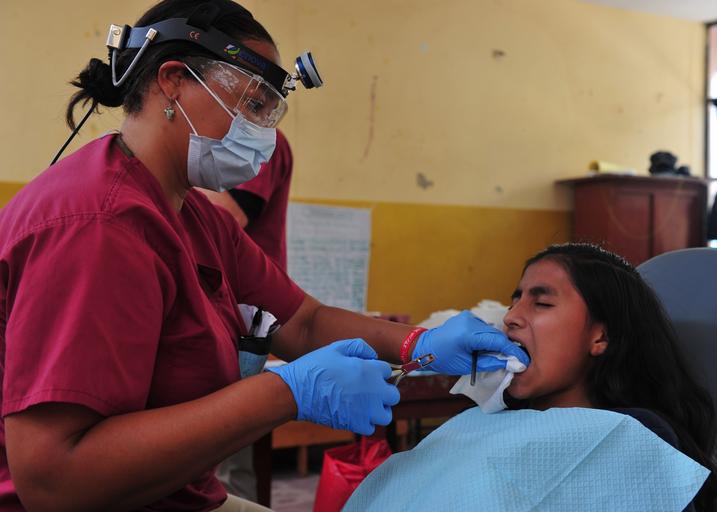In the 21st century, fatherhood has evolved significantly from the traditional roles and expectations of the past. Gone are the days when fathers were solely seen as providers and disciplinarians. Today’s fathers are embracing a more hands-on, nurturing role, actively participating in their children’s lives and redefining what it means to be a father. Now, lets delve into the shifting landscape of fatherhood, the benefits of engaged fatherhood, and some insights from Evan Bass Men’s Clinic on ways in which fathers can strengthen their bonds with their children.
The Changing Landscape of Fatherhood
Modern fathers face a unique set of challenges and opportunities as they navigate the complex world of parenthood. Cultural, societal, and economic shifts have paved the way for a more inclusive and diverse definition of fatherhood. Fathers are now more likely to be involved in their children’s daily routines, from diaper changes and bedtime stories to school drop-offs and extracurricular activities.
As the roles of mothers and fathers become increasingly interchangeable, men are discovering the joys and challenges of being a primary caregiver. This shift has also led to a greater understanding and appreciation for the role fathers play in their children’s development and well-being.
The Benefits of Engaged Fatherhood
Numerous studies have shown that children with involved fathers benefit greatly in various aspects of their lives. Some of the key benefits include:
- Cognitive development: Engaged fathers can positively impact their children’s intellectual growth by encouraging curiosity, problem-solving, and critical thinking.
- Emotional development: Children with nurturing fathers are more likely to develop a strong sense of self-worth and emotional resilience, which can help them navigate the challenges of adolescence and adulthood.
- Social development: Fathers who model healthy relationships and social skills can help their children build strong friendships and interpersonal connections.
- Academic achievement: Father involvement has been linked to higher levels of academic success and a reduced likelihood of behavioral issues at school.
- Mental health: A strong father-child bond can contribute to improved mental health outcomes, reducing the risk of depression, anxiety, and other mental health disorders.
Strengthening Father-Child Bonds
Here are some tips for fathers looking to strengthen their relationships with their children and embrace their evolving role:
- Be present: Show up for your children, both physically and emotionally. Attend their school events, listen to their concerns, and celebrate their accomplishments.
- Foster open communication: Encourage honest and open dialogue with your children. Let them know that they can come to you with their feelings and concerns without fear of judgment or criticism.
- Share your passions: Introduce your children to your hobbies and interests, and be open to exploring their passions as well. Sharing these experiences can create a strong bond and lasting memories.
- Be a role model: Demonstrate respect, empathy, and kindness in your interactions with others. Your children will learn from your example and develop their own values and principles based on what they observe.
- Embrace vulnerability: Show your children that it’s okay to express emotions, ask for help, and make mistakes. This will teach them the importance of vulnerability and emotional intelligence, which are crucial skills for navigating life’s challenges.
The 21st-century father is no longer confined to traditional roles and expectations. By embracing their evolving role and actively participating in their children’s lives, modern fathers can make a lasting, positive impact on their children’s development and well-being. It’s time to redefine fatherhood and celebrate the unique and essential role fathers play in shaping the lives of the next generation.
















